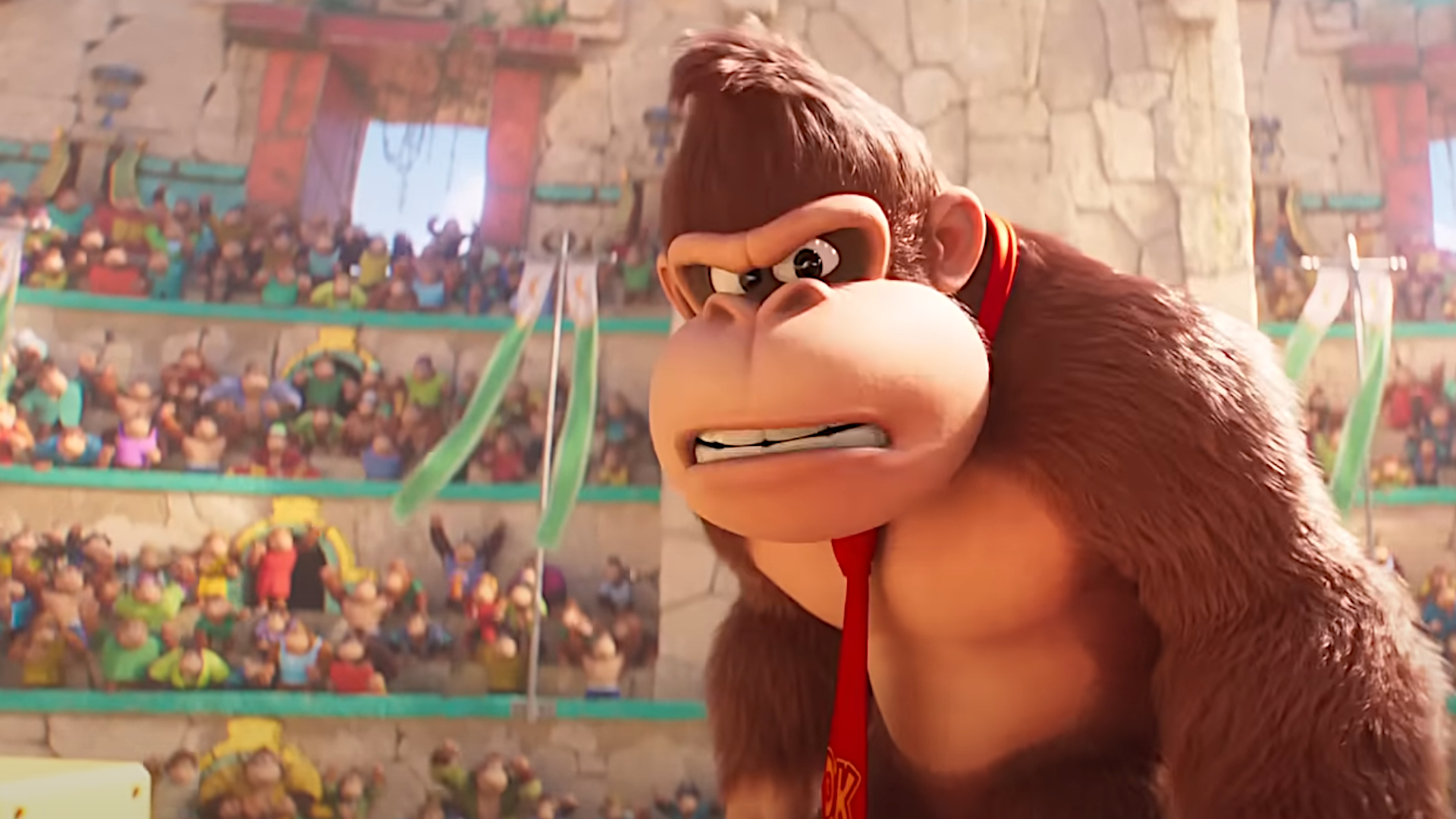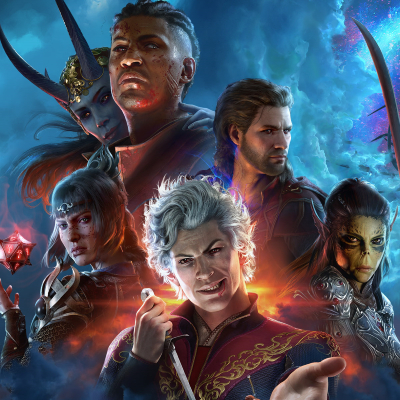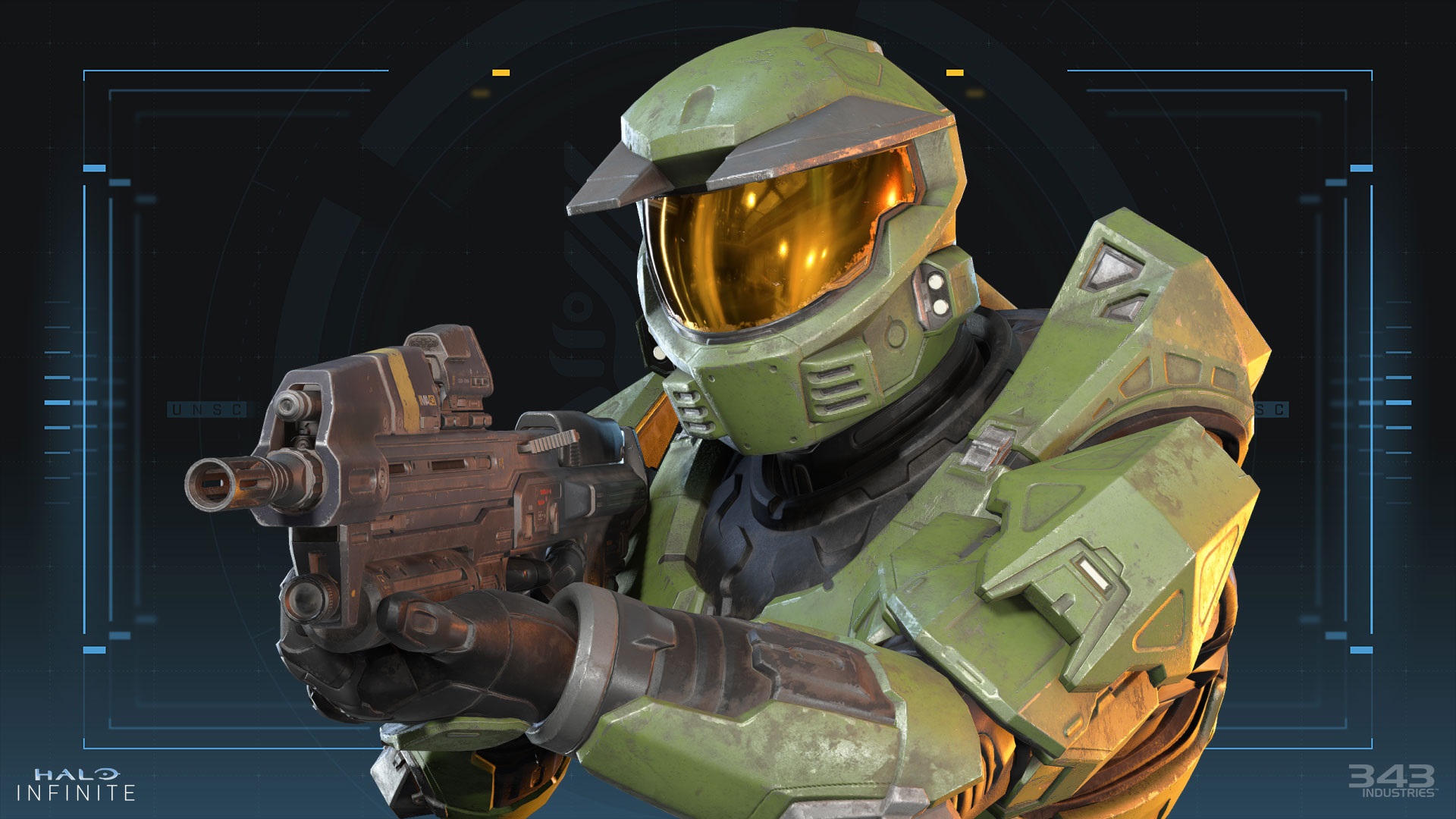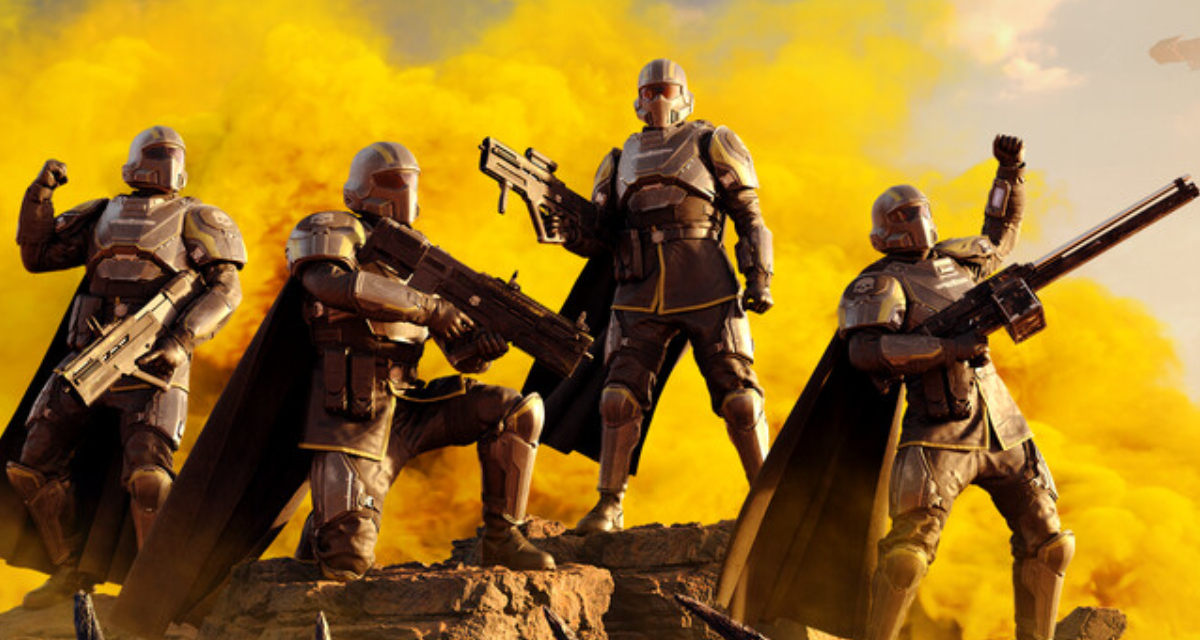
"They're all the performers on the track. So they're all in the movie uncredited."
Nintendo’s really just been scoring all bummers recently—coming after Palworld, shutting down fan mods and projects, and clamping down on emulators. While it’s all been within its technical legal rights to do so, as PC Gamer’s own Morgan Park pointed out last year, the family-friendly veneer of kindness has well and truly slipped.
An almost hilarious cherry on top of the jerkface cherry bake comes in the form of Donkey Kong 64 composer Grant Kirkhope, who blew up at Nintendo circa 2023 for not crediting him in the Super Mario Bros. Movie despite placing the DK Rap in it wholesale.
Speaking to Eurogamer, Kirkhope alleges that the long and short of it is, basically, that they didn’t want to, and didn’t have to, so they didn’t.
“They said we decided that any music that was quoted from the games that we owned, we wouldn’t credit the composers—apart from Koji Kondo. Then they decided anything with a vocal would get credited, so the DK Rap scores there. But then they decided if we also own it, we won’t credit the composers. And that was the final nail in the coffin.”
Legally, Nintendo isn’t obligated to credit people for music it fully owns the rights to. Often, when you’re working under contract for a company, you are providing labour in exchange for the rights to that labour itself.
Take this article, for example: I can say I wrote it, but I don’t technically own it, and I can’t make money off it like a content creator or blog owner could—I’m being paid a salary instead. Kirkhope, similarly, can’t monetize the famous Donkey Kong rap.
But there’s what a company is legally allowed to do and… you know, kinda being an obstinate jerk about it. Those are two different things. Kirkhope tried to appeal to the litigious gaming giant’s sense of empathy, but to no avail:
“I said: I appreciate you’ve got your policies and all the rest of it, but by the time the credits roll in the movie to show the songs, the theatre’s completely empty, everyone’s gone, it’s only me and my wife and my two kids sat there going ‘look daddy’s name!’.” Alas, no dice.
“It’s bizarre how they just sampled it straight from the game,” Kirkhope continues. “They just plugged in the N64 and sampled it and looped it. There’s no re-recording done, straight out the game. So it’s me playing guitar on it. It’s the lads from Rare doing the [sings] ‘D-K’ thing. They’re all the performers on the track. So they’re all in the movie uncredited.”
I have to wonder aloud if this is part of a historic tendency for Japanese companies to avoid crediting people in videogames—not that companies from other countries don’t make similar mistakes. Here’s a great write-up from journalist John Szczepaniak, who spoke to several Japanese devs from studios including Capcom and Sega about how they’d often be forced to use pseudonyms. There’s a real history there.
Whether that’s the reason Nintendo’s squeezed Kirkhope out of the byline or not is anyone’s guess—one thing’s for certain: Nintendo doesn’t want to tell you about any members of the DK crew.
2025 games: This year’s upcoming releases
Best PC games: Our all-time favorites
Free PC games: Freebie fest
Best FPS games: Finest gunplay
Best RPGs: Grand adventures
Best co-op games: Better together






